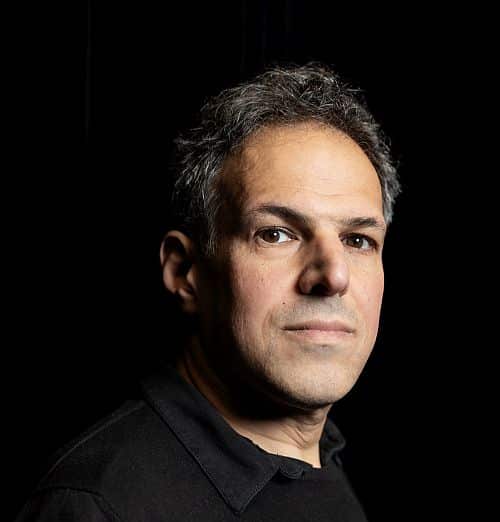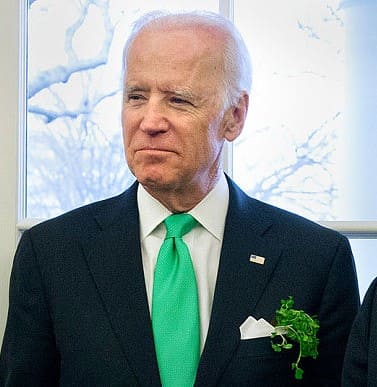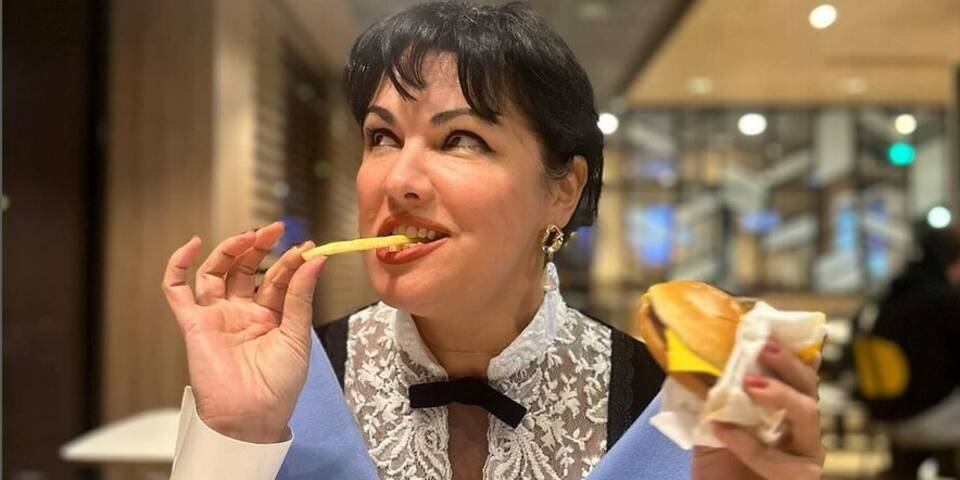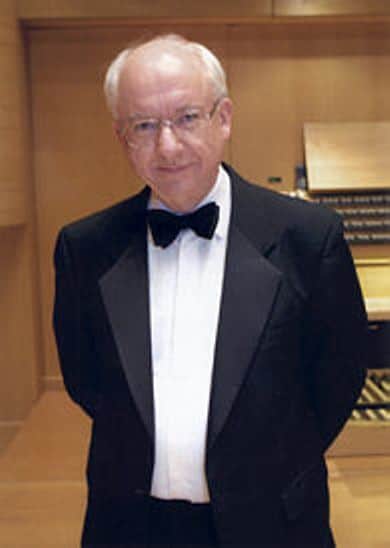Why the BBC has to Fach up the Proms
mainSlipped Disc editorial:

There was always a risk when Roger Wright stepped down on the first night of the 2014 Proms that the power vacuum would lead to a decisive weakening of the event. Nine months later, those fears have born fruit.
Edward Blakeman, the acting controller, has fulfilled his job admirably without the slightest hint from his superiors that he is the right man for the job. If they wanted to confirm him in the post, launch day was the time to do it. They refused. He survives without a vote of confidence.
The absence of a strong controller has exposed the Proms to all the corporate forces within the BBC that Wright – and before him Nicholas Kenyon and John Drummond – fought with vigour and resolution. The forces of darkness that seek to equalise all forms of activity and creativity within the BBC. The foolish and malign executives who, on an annual basis, propose ‘sharing’ the Proms around the BBC and, ultimately with outside sponsors.
Those forces have won round one.
The imposition of club music night with DJ Pete Tong on the classically-oriented BBC Proms was, we know for a fact, never contemplated in Wright’s time. It was easy to push through a temp controller and a civil servant head of Radio 3, Alan Davey.
Aside from Pete Tong, there is BBC Asian Network Night, BBC Radio 6 Night, BBC Radio 1Xtra, Radio 2 Night and so on….
You can see what’s happening. The Proms are being parcelled out across the BBC as corporate property in which any and all of 100 BBC executives on 100k salaries can feel free to mangle for their own politcally correct purposes.
Watch out, sponsorship will be next.
The Proms are what they are because strong controllers over recent decades have preserved their musical character – their Fach, as musicians would say. The Proms are a festival of high-value classical and contemporary music. They are now at risk of being royally Fached up.
As Richard Morrison warns in today’s Times: ‘The Proms ultimately come under the “arts and music” grandees at the BBC who seem to have little passion for the classical repertoire…. It doesn’t take long to wreck an indestructible British institution.’
Cracks have begun to appear in the indomitable Proms. The glorious festival will soon fall to pieces unless someone stands up to defend the Fach.





Comments